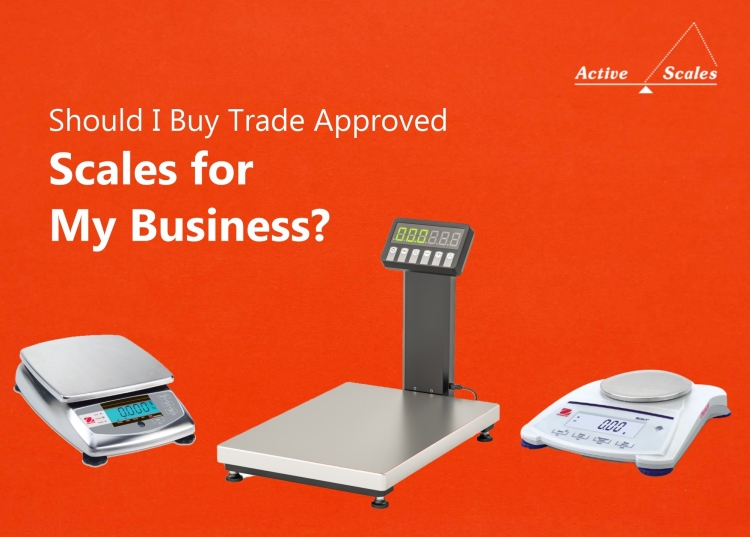 Image Designed by Freepik
Image Designed by Freepik
When it comes to running a business that involves weighing items, accuracy, and precision are critical factors to consider. This is where trade-approved scales come in. Trade-approved scales are designed to meet the regulatory standards set by government agencies and industry bodies. But the question remains, should you buy trade-approved scales for your business? In this blog, we will educate you on why to invest in trade-approved scales.
Trade-approved scales are scales that have been tested and certified by an authorized body to meet specific accuracy and quality standards. These standards are set by government agencies, such as the National Measurement Institute (NMI), or industry bodies, such as the National Conference on Weights and Measures (NCWM). Trade-approved weighing scales are required for businesses that weigh and sell goods by weight, such as butchers, supermarkets, and confectioneries.
One of the main benefits of using trade-approved scales is compliance with regulatory requirements. By law, businesses that sell products by weight must use trade-approved scales to ensure accuracy and fairness in transactions. Trade-approved scales guarantee accuracy and fairness in weighing, which can help prevent customer disputes and complaints.
Using trade-approved scales can improve customer trust and confidence in your business. Customers/clients are more likely to trust a business that uses certified scales as they have the assurance that they are getting a fair deal. Using uncertified scales, on the other hand, can lead to accusations of dishonesty, which can harm your reputation and lead to lost business.
Trade-approved scales ensure that you are charging the correct price for your products. This can help prevent losses due to undercharging or overcharging customers. Accurate pricing also helps you to compete effectively with other businesses, which can improve your bottom line.
Trade-approved scales can help increase the efficiency of your business by streamlining weighing processes. Accurate weighing means that there is no need to re-weigh products, which can save time and effort. It also reduces the risk of errors and disputes, which can be time-consuming to resolve.
Using trade-approved scales can help reduce the risk of fines and penalties from regulatory bodies. Failure to comply with regulatory requirements can result in fines and penalties, which can be expensive and damaging to your business. Trade-approved scales provide assurance that you are complying with the law, which can help you avoid these risks.
Industrial weighing scales are large, heavy-duty scales used for industrial weighing applications. They are typically made of steel or aluminum and have a large platform for placing heavy objects. These scales are used in industries such as manufacturing, logistics, and shipping.
Caravan weighing scales are used to weigh products in retail stores. These scales have a built-in feature that can calculate the price of the product based on its weight. These scales are commonly used in grocery stores, bakeries, and other food retail businesses.
Laboratory scales are highly precise scales used for scientific and research applications. These scales can measure the weight of small objects with high accuracy, often up to 0.0001 grams. Laboratory balances are used in industries such as pharmaceuticals, biotechnology, and scientific research.
Hanging scales, also known as crane scales, are used for weighing heavy objects that cannot be placed on a platform scale. These scales have a hook or shackle for attaching to the object to be weighed. Hanging scales are commonly used in industries such as construction, fishing, and shipping.
Floor scales are large, heavy-duty scales used for weighing pallets, crates, and other large objects. They are designed to be placed directly on the floor and can weigh objects up to several tons. Floor scales are commonly used in industries such as manufacturing, logistics, and shipping.